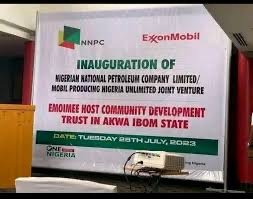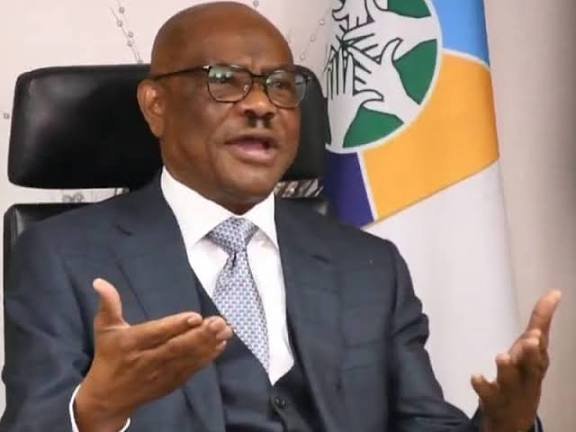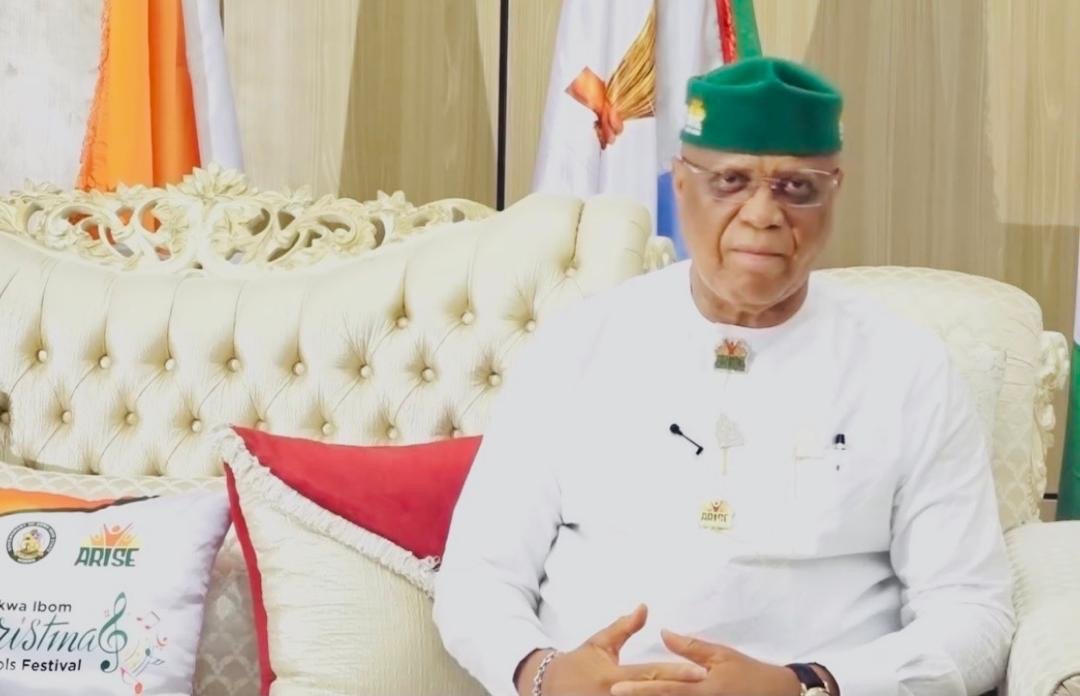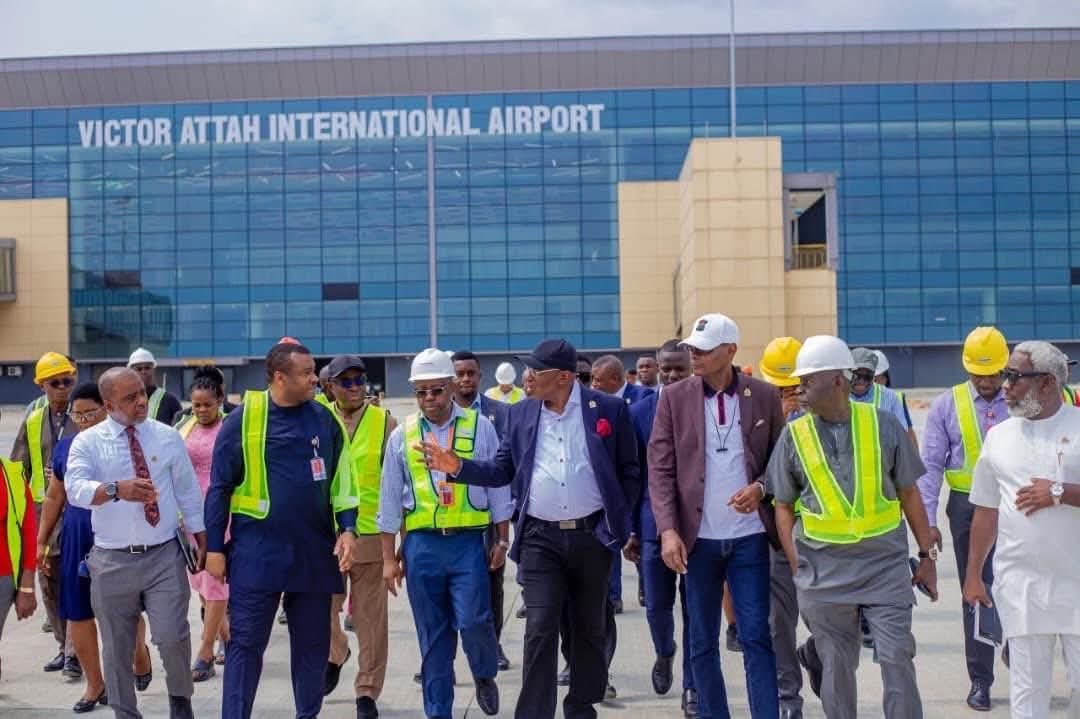By Solomon Okpo.
The unfolding tension between The Concerned Ekid People and the leadership of the EMOIMEE Host Community Development Trust is more than just another dispute over oil-related funds. It is a critical moment that tests whether the promises enshrined in the Petroleum Industry Act (PIA) will be upheld, or quietly undermined.
At the heart of the petition issued by the coalition of Ekid stakeholders is a simple but powerful demand: transparency. The PIA was championed as a long-overdue reform aimed at ending the decades-long cycle of mistrust, marginalization, and underdevelopment in Nigeria’s oil-bearing communities. It established clear governance structures to ensure that the 3% Host Communities Development Trust Fund is used efficiently, fairly, and in direct alignment with community priorities.
Yet the allegations leveled against EMOIMEE suggest a worrying drift away from these principles. When community members must beg or demand under threat of unrest for basic disclosures such as development plans, scholarship lists, contract details, audit reports, and annual budgets, something is fundamentally wrong. Transparency should not require agitation; it should be the default posture of any organization entrusted with public-interest funds.
The Concerned Ekid People are right to insist that accountability is non-negotiable. The funds contributed by SEPLAT and the NNPC Joint Venture are not gifts; they are legally mandated investments meant to improve the lives of those who have borne the brunt of oil exploration for generations. Any deviation from the law’s stipulations is both a violation of trust and a catalyst for instability.
The 21-day ultimatum issued by the group is not merely a threat, it is a warning signal that community patience is wearing dangerously thin. Akwa Ibom, like other oil-producing regions, cannot afford a resurgence of hostility or unrest. Stability in oil-producing communities is directly tied to national economic stability. It is in everyone’s interest, government, security agencies, settlors, and EMOIMEE itself, to ensure transparency before grievances escalate.
The petitioners have taken the appropriate institutional route by involving the Senate President, the Speaker of the House of Representatives, the National Security Adviser, the EFCC, and other key agencies. Their approach underscores that this is not a political witch-hunt but a legitimate call for accountability under the law.
If EMOIMEE has nothing to hide, then compliance should be immediate and complete. Providing the requested documents will not only restore confidence but also demonstrate genuine commitment to the principles of the PIA. Conversely, any attempt to delay, conceal, or deflect will only deepen suspicions and reinforce the belief that the Trust has strayed from its statutory mandate.
This moment is a test, not just for EMOIMEE but for the implementation of the PIA across Nigeria. Transparency must not be treated as an optional courtesy. It is the only pathway to sustainable peace, development, and trust in host communities whose cooperation is vital to the country’s economic health.
EMOIMEE would do well to remember that accountability is not a burden; it is an obligation. And in this case, it may also be the only thing standing between harmony and a preventable crisis.
Okpo Is a Veteran Journalist and Publisher of The Evangelist News, writes from Akwa Ibom.










